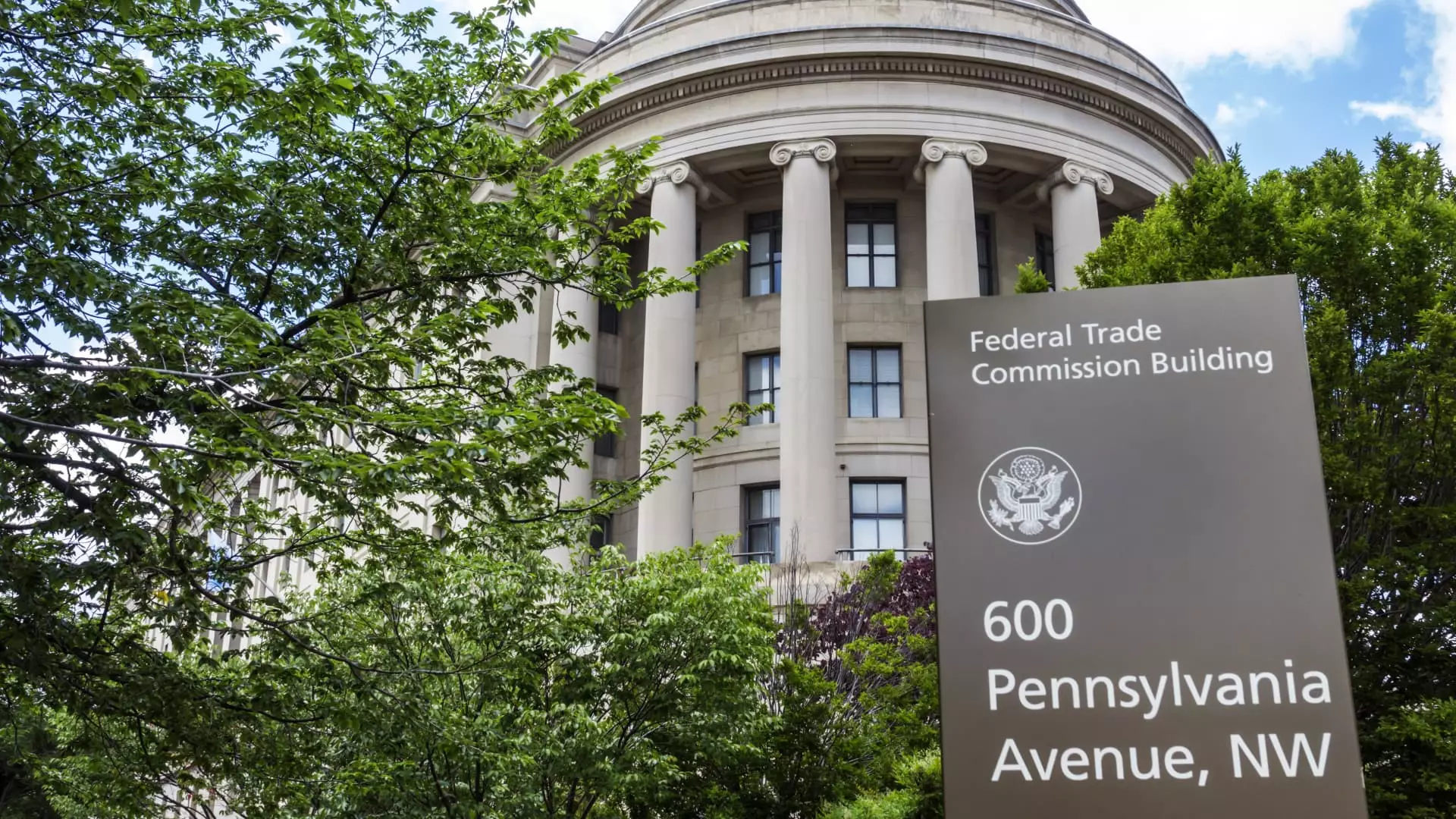The Federal Trade Commission (FTC) recently announced that it has fined Kubota, a leading tractor manufacturing company, $2 million for falsely labeling some of its replacement parts as “Made in the USA.” This settlement represents the largest civil penalty imposed for violating the Made in USA Labeling Rule, according to Samuel Levine, director of the FTC’s Bureau of Consumer Protection.
Mislabeling and Deception
Kubota North America Corporation, based in Dallas, violated the 2021 rule by labeling numerous products that were either wholly imported or made with significant imported materials as “U.S.-made.” This misleading practice had been ongoing since at least 2021, as stated in a court order. Additionally, even after the production of these items was shifted overseas, package designs featuring “Made in USA” labels remained unchanged, adding further deception.
Cooperation and Response
In response to the FTC’s enforcement action, Kubota issued a statement expressing their full cooperation with the FTC and their commitment to addressing the concerns raised. The company claimed that all parts sold since 2021 were produced by approved Kubota suppliers and referred to them as “Kubota Genuine Parts.” However, in light of the ruling, Kubota is now restricted from making claims about U.S. origin manufacturing unless they can provide evidence of significant processing taking place in the U.S. Additionally, the company is required to disclose the use of foreign parts in their manufacturing process.
The History of Kubota
Kubota, established in Japan during the 19th century, has evolved into a global manufacturer of tractors, construction equipment, and various other types of machinery. In 1972, the company entered the U.S. market with a small office located in Southern California, leading to its expansion in the country. Despite its growth and success, the recent FTC fine highlights the importance of adhering to labeling regulations and maintaining transparency in business practices.
Prior Fine and Precedent
Interestingly, this is not the first time Kubota has faced consequences for misleading claims of U.S. manufacturing. In 1999, the FTC levied a fine against the company for falsely asserting that a line of lawn tractors was made in the U.S. This previous ruling demonstrates a pattern of disregard for labeling accuracy, making it imperative for the FTC to enforce stricter penalties to protect consumers and uphold fair competition.
The $2 million fine imposed on Kubota is significantly higher than previous settlements related to violations of the Made in USA Labeling Rule. For instance, Resident Home LLC, the owner of mattress brands such as Nectar Sleep and DreamCloud Sleep, paid $753,000 in a settlement with the FTC for falsely claiming that their DreamCloud mattresses were made with domestic materials. This considerable difference in penalties suggests that the FTC is determined to crack down on deceptive Made in USA claims more aggressively, aiming to safeguard both consumers and honest businesses.
This case against Kubota and other similar enforcement actions reflect the FTC’s commitment to protecting consumer rights and ensuring marketplace transparency. By holding companies accountable for mislabeling and deception, the FTC aims to prevent consumers from being cheated and foster an environment of fair competition among businesses.
The $2 million fine imposed on Kubota for mislabeling parts as “Made in the USA” underscores the significance of truthful labeling practices. The FTC’s actions in this case serve as a warning to businesses that false claims will not be tolerated, and severe penalties will be imposed. As consumers, it is crucial to remain vigilant and informed, relying on reliable information to make informed purchasing decisions and support companies genuinely committed to honesty and transparency.


Leave a Reply